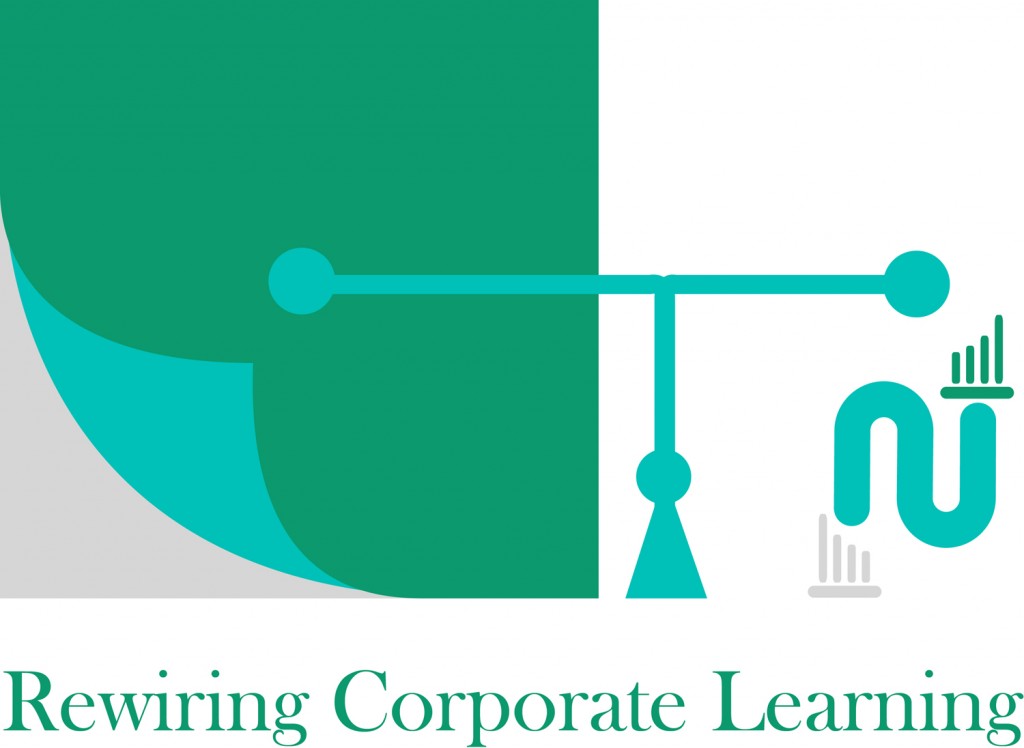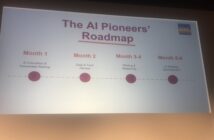Having a wider view of the business context will help L&D have greater impact, says Nigel Paine in his latest article in our series on rewiring corporate learning.
When things go wrong in workplaces it is always easy to pick on the symptoms and never actually tackle the disease. Yahoo!’s recent statements banning work from home is a classic example. The idea that working from home causes demotivation and poor innovation is as ludicrous as blaming your bank because you have no money in your current account.
Learning is a classic symptom: there is a problem and that is because there is a deficit somewhere in the learning process or programmes. Give them the required development and the problems will disappear. It is often nonsense.
Charles Jennings calls this the conspiracy of convenience: work-based problem; call in the learning team; develop a programme; deliver the programme; and nothing changes apart from the manager feels he or she has done something; the learning team feel that they are involved in a creative way with the business sharp end.
The problem is that nothing actually changes. Both the manager and the L&D staff feel that they have acted but apart from the reassurance that most people liked the programme, no one chooses to look further. In an increasingly accountable world you are going to get found out sooner rather than later and the entire L&D operation will be tarred with this brush.
Having the courage to say, ‘no’ is a really big issue for corporate learning. If you cannot say no, you cannot rewire corporate learning – it really is as simple as that. Saying ‘no’ is not simply saying no, it is an approach and philosophy that helps you get to the bottom of the issue and take a wide view. It may be that development is part of the solution or it may not form any part of it. But you have to have the courage to engage in those difficult conversations with people who see what you offer as a quick fix and a simple solution.
One of the great attributes of a learning leader is that he or she sees the world through a specific frame and this frame offers insights into all sorts of issues and – when coupled with other frames – can deliver insight and consolidated action. Rewiring corporate learning requires stepping into that role of having a specific perspective that adds insight and evidence. The fact that this frame cannot always be expressed on a spreadsheet with a bottom line does not make it any less relevant or valid.
If you can do this, and work towards a new kind of role, you are moving in the only direction that will allow you, and L&D to flourish. It is not just about you seeing the big picture, it is helping the rest of the executive team to do likewise. Quick fixes are convenient but, increasingly, short term rather than long-term strategies. A sticking plaster over an infected wound does not fix the infection, merely hide it from view for a while.
If we go back to Yahoo! Their response to what is, obviously, a serious problem is a tactical HR response: look at the policies; change them to eliminate an issue which will solve the bigger problem. Only it rarely does. This is firefighting in the extreme. Imagine a great L &D director asked to look at the issue and work out why there is disengagement and why there is frustration. Working out how to get the best out of disparate teams, remote workers and a global operation would have injected some lasting insight and progress. Making everyone come into the office is not the answer however convenient a scapegoat it may prove to be in the short term.
Previous articles in the series




